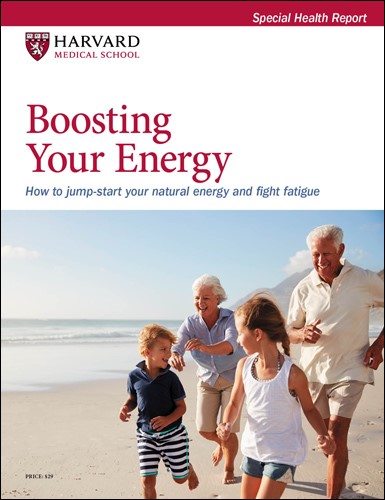Does exercise really boost energy levels?
Ask the doctors
Q. I've been feeling tired lately. My doctor suggested I exercise more. How will this help my energy level? Won't it make me feel more tired?
A. It might sound strange, but it's true that moving more can help give you more energy, through several mechanisms.
To begin with, cellular-level changes occur inside your body when you exercise. Exertion spurs your body to produce more mitochondria inside your muscle cells. Mitochondria are known as the powerhouses of cells, because they create fuel out of glucose from the food you eat and oxygen from the air you breathe. Having more of them increases your body's energy supply.
Exercising also boosts oxygen circulation inside your body. This increase in oxygen not only supports the mitochondria's energy production, it allows your body to function better and to use its energy more efficiently. Plus, your body gets a boost from an exercise-induced increase in hormone levels that makes you feel more energized.
In addition to helping your body create and use energy, regular exercise promotes better nighttime sleep. Deep sleep is crucial to your overall health and to feeling well rested and energetic when you wake up in the morning.
About the Authors

Toni Golen, MD, Editor in Chief, Harvard Women's Health Watch; Editorial Advisory Board Member, Harvard Health Publishing; Contributor

Hope Ricciotti, MD, Editor at Large, Harvard Women's Health Watch
Disclaimer:
As a service to our readers, Harvard Health Publishing provides access to our library of archived content. Please note the date of last review or update on all articles.
No content on this site, regardless of date, should ever be used as a substitute for direct medical advice from your doctor or other qualified clinician.
















